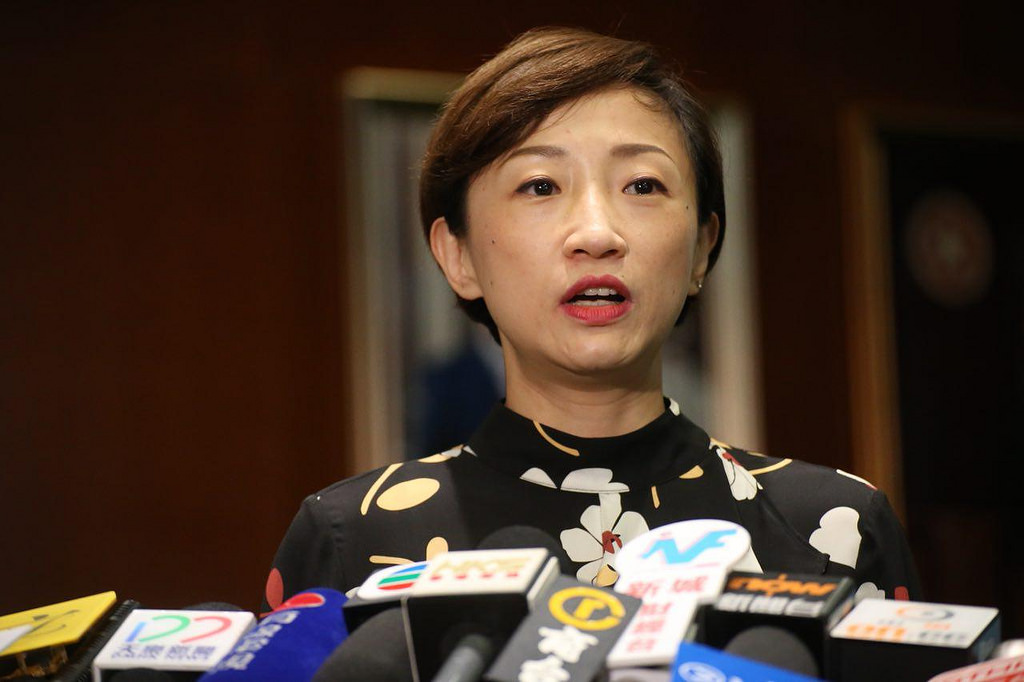Authorities have not reached a final decision on how to cite Article 20 of the Basic Law in implementing the controversial joint checkpoint arrangement, a top Beijing official has said.
In the proposed three-step process to implement the arrangement, the second step will be to ask the Standing Committee of the National People’s Congress to cite Article 20, so that part of the West Kowloon terminus can be “leased” back to China for faster immigration control.
The issue was raised when the Hong Kong Bar Association visited Beijing on Tuesday to meet Li Fei, deputy secretary general of the National People’s Congress Standing Committee and the chairman of the Basic Law Committee.

Article 20 stipulates that Hong Kong may enjoy other powers granted to it by the National People’s Congress or the central government.
Bar Association Chairman Paul Lam quoted Li as saying that it is necessary to look at the original intention of the Article and to think clearly about how to implement it.
“There is not any final conclusion – Director Li Fei mentioned that there are legal issues of Article 20 [that have to be studied],” Lam said.

Li was also quoted as saying that Article 18 of the Basic Law will not be applicable to the arrangement. The Article stipulates that mainland laws should not be implemented in Hong Kong except those stated in Annex III of the Basic Law.
Lam said the Association told Li that there was controversy surrounding the joint checkpoint arrangement, but they have not discussed details of the legal issues.
A non-binding motion put forward by the government concerning the arrangement is expected to pass on Wednesday.

But Civic Party lawmaker Tanya Chan, who leads a group that opposes the arrangement for its potential violation of the Basic Law, said it shows that Beijing may also be unsure about using Article 20.
“Any legal arguments put forward by [Secretary for Justice] Rimsky Yuen are made up. When the legal basis is not clear, how could lawmakers pass the government’s non-binding motion?” she said.
National anthem law
Li was also quoted as saying that the national anthem was written during the anti-Japanese war, and thus did not involve any ideology. He also used Macau as an example, saying that the city already enacted a national anthem law and it did not cause any controversy there.
Paul Lam said the Bar Association was concerned about the relationship between the upcoming law in Hong Kong and the city’s freedom of speech.
Li is due to speak on Hong Kong’s “role and mission” under the Chinese constitution and the Basic Law in the city on Thursday.

Meanwhile, the Bar Association also met with Zhang Xiaoming, the head of the State Council’s Hong Kong and Macao Affairs Office.
Lam said Zhang spent a lot of time speaking about the 19th Communist Party National Congress in October, explaining that Hong Kong was mentioned many times during the meetings. “The central government has never tightened the ‘One Country, Two Systems’ principle,” Zhang was quoted as saying.
